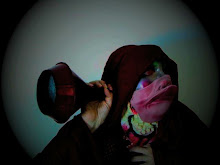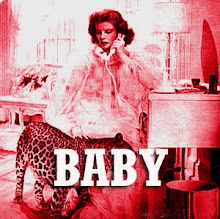Subtitles adapted from the translation by Denis Hollier, Rosalind Krauss, and Annette Michelson in 'Television: A Challenge to the Psychoanalytic Establishment' - Jacques Lacan (Norton, London: 1990). Complete video (without subtitles) at ubuweb.com.
Lacan challenges Miller for assuming that Lacan has the answer to every question. Such a positioning of Lacan as a make-believe master is central to the analytic discourse in which the analysand attributes to the analyst, via the transference, the function of lost object. This lost object is, as Miller writes, prefigured by Freud's series of oral and anal 'losses' in the 'Three Essays of Sexuality', and which 'Karl Abraham made the crux of his theory of development from which he derived the first premises of the 'partial object'; Melanie Klein, his student, located the partial object at the center of psychic economy, going so far as to show that at the end of analysis, in seperating from the analyst, an analysand has to mourn the loss of this object. And whence it was that Winnicott glimpsed the transitional object. This is what Lacan sums up, condenses, justifies and constructs with object a.'
J.A. Miller, 'Microscopia: An Introduction to the Reading of Television'. Trans. B. Fink (1990).
12.6.08
'Television': La Jouissance
Labels: Lacan, pleasure principle and beyond, theory, theory philosophy, video
Subscribe to:
Post Comments (Atom)













No comments:
Post a Comment